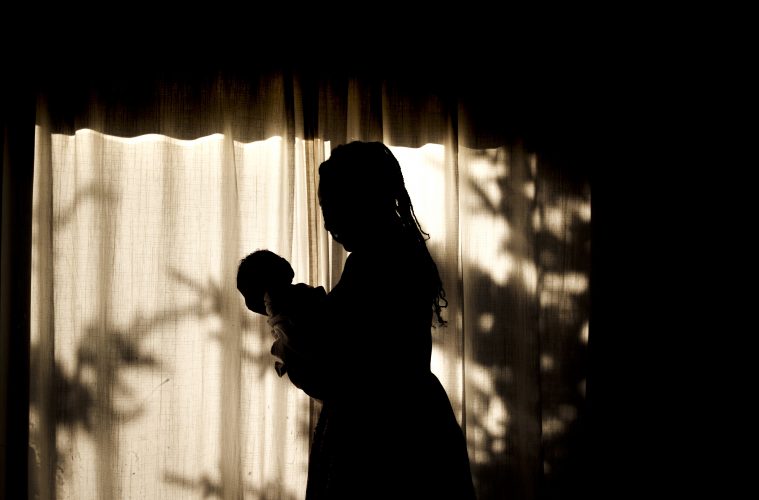Some people are blessed with simplistic childhoods not harbored with traumatic experiences. The lucky ones, I would say. We see them walk with peace and able to manoeuvre with certainty and confidence. What we don’t realize is that we could also find the same serenity in ourselves, even with lingering pain.
I speak from experience. Growing up in a southern, Black single mother household had the classic ass whoppings and restrictions we observe in blasé memes. The Black community holds respectability under the same guise of authoritarian discipline that borders abuse. We normalize it because we say it “corrected” our behaviors. Fearing our parents, our original protectors, shouldn’t be a normalized concept. The idea that we must beat our children into submission arose from the slave era. Enslaved parents constricted their children in fear of the master beating them worse. The ideology was if you can get them, then there would be less chance of misbehavior in the eyes in the unforgiving. This spilt over into the 20th century with the extreme rise in the incarceration of Black Americans. Black parents continued this authoritative child-rearing to establish fear so their children could “hopefully” avoid run-ins with law enforcement. Law enforcement uses excessive force, unethical tactics, and disproportionate stop and frisks.
A Black man shot from behind by a Rochester cop was cuffed to his ICU bed and surrounded by guards, accused of trying to kill the cop despite insisting he didn’t have a gun. His father, a decorated Marine and Vietnam vet, said his son looked ‘like a POW’ https://t.co/cGzH2j4ioe pic.twitter.com/ZN74XasIlZ
— Reuters (@Reuters) November 17, 2020
So, we understand where this aggressor behavior stems from and how it informs some parenting in the Black community, but how does it truly affect us. I previously mentioned that a common sentiment is that this type of discipline has helped Black Americans as adults. The reality of the situation is somewhat different, it increases anxiety, depression, and post-traumatic stress in children. Knowing that Black children are least likely to be diagnosed with affective disorders, let alone be diagnosed at all, leaves these underlying mental health issues to fester. If you remove the disorders, resentment, and projection still viciously develop. We desire to treat our future children the same way because we “had to go through it”. Thus, creating a cycle of anger and trauma on top of our already racialized experience.
How do we break this? We must nurse our inner child. Our inner child is a metaphysical symbol of the pain and traumatic tragedies we experienced growing up. This inner child never had the chance to heal so they follow us and use our emotions to react as a child would. Maybe instead of communicating when we are hurt, we shut down. We might face harboring dependencies. We could only express ourselves with spitefulness or overextending ourselves. There are a host of ways our inner child demands attention from us, but the post is finding a way to soothe them so you can grow beyond that. Therapy is a big step and some people aren’t ready for it. That’s okay. Something easier is taking a real moment and writing a letter to your only child. Figure out what they need, what happened to them, and why they are still there. This isn’t going to be quick prose writing a session. Expect to feel overwhelmed, grief, and tears. Remind yourself this is okay and part of the process. Once you outline those three things, there is direction. You can start to move forward in consciousness to heal and break the cycle.
No matter your past, everyone can find their inner peace. Some just require a little more work than others, but the satisfaction tastes the same.




